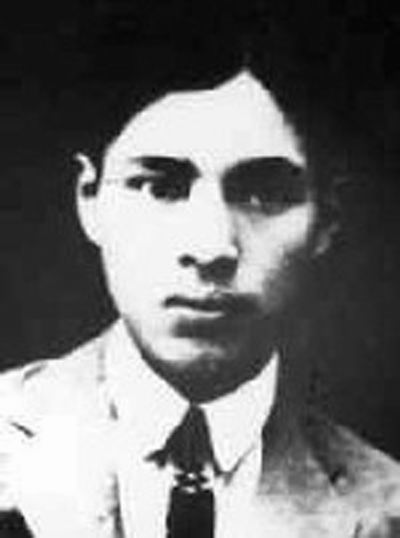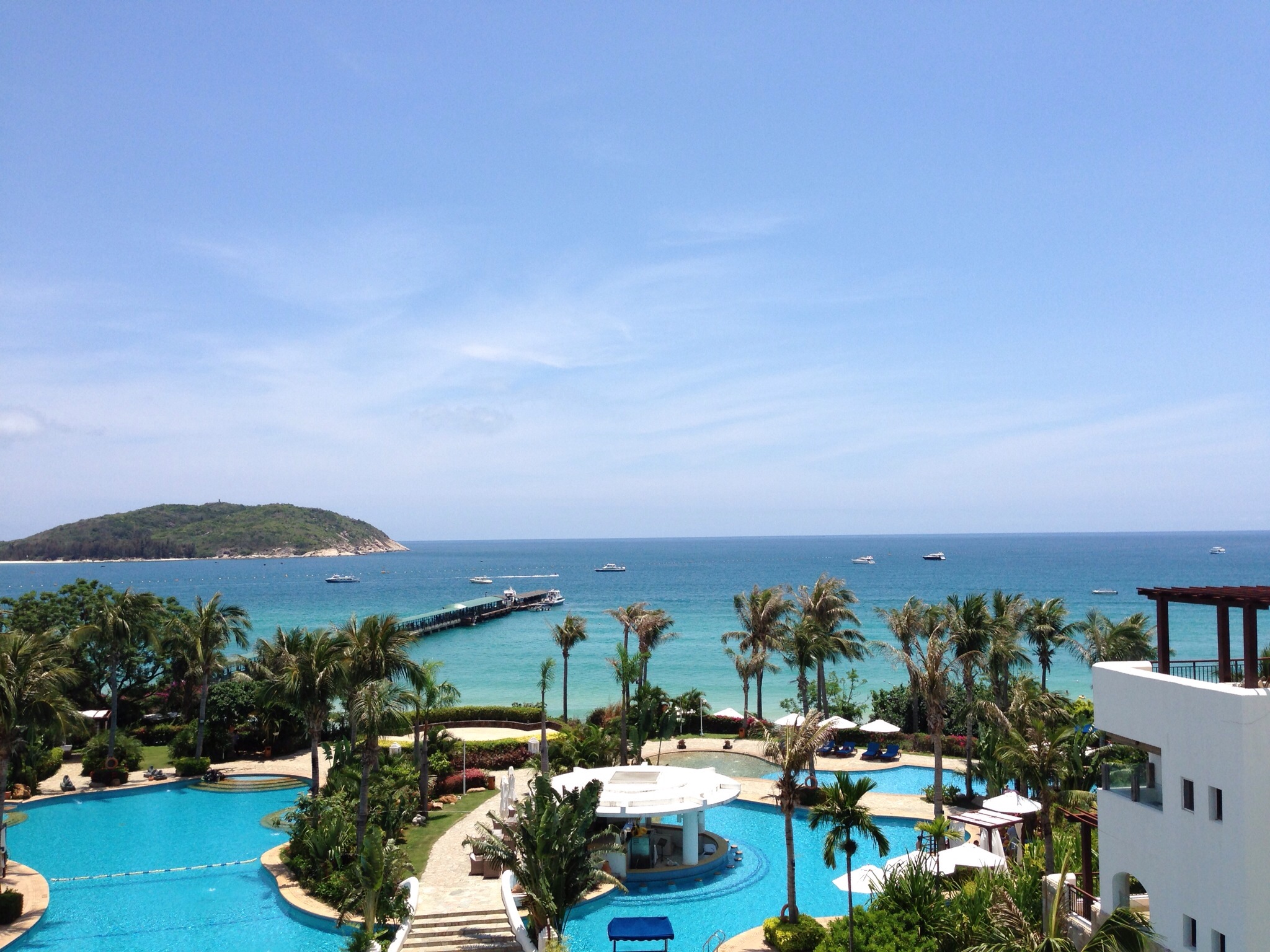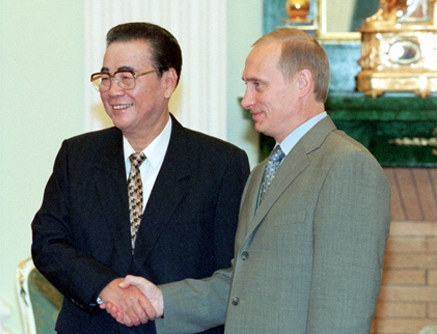|
Li Shuoxun
Li Shuoxun (; 1903 Sichuan – 1931 Hainan) is a Chinese communist martyr. He joined the Chinese Communist Party in 1924, and went underground after the Kuomintang (KMT)'s massacre of communists in 1927. In 1931 he went to Hainan, was caught by the KMT and executed. He is now commemorated as a revolutionary martyr. His son, Li Peng, was adopted by Zhou Enlai Zhou Enlai (; 5 March 1898 – 8 January 1976) was a Chinese statesman and military officer who served as the first premier of the People's Republic of China from 1 October 1949 until his death on 8 January 1976. Zhou served under Chairman Ma ... and served as Premier of the People's Republic of China from 1987 to 1998. References Heroes and models of new China: Li ShuoxunMartyr Li Shuoxun's Memorial Pavilion 1903 births 1931 deaths Chinese communists Executed people from Sichuan Executed writers People executed by the Republic of China Li Peng family {{China-bio-stub ... [...More Info...] [...Related Items...] OR: [Wikipedia] [Google] [Baidu] |
Li (surname 李)
Li or Lee (; ) is a common Chinese surname, Chinese-language surname, it is the 4th name listed in the famous ''Hundred Family Surnames.'' Li is one of the most common surnames in Asia, shared by 92.76 million people in China, and more than 100 million in Asia. It is the List of common Chinese surnames, second most common surname in China as of 2018, the second most common surname in Hong Kong, and the 5th most common surname in Taiwan, where it is usually romanized as "Lee". The surname is pronounced as () in Cantonese, ''Lí'' (Pe̍h-ōe-jī, poj) in Taiwanese Hokkien, but is often spelled as "Lee" in Hong Kong, Macau, Taiwan and many overseas Chinese communities. In Macau, it is also spelled as "Lei". In Indonesia it is commonly spelled as "Lie". The common Korean name#Family names, Korean surname, "Lee (Korean surname), Lee" (also romanized as "I", "Yi", "Ri", or "Rhee"), and the Vietnamese name#Family name, Vietnamese surname, "Lý (Vietnamese name), Lý", are both derived f ... [...More Info...] [...Related Items...] OR: [Wikipedia] [Google] [Baidu] |
Li Shuoxin,1931
Li, li, or LI may refer to: Businesses and organizations * Landscape Institute, a British professional body for landscape architects * Leadership Institute, a non-profit organization located in Arlington, Virginia, US, that teaches "political technology." * Li Auto (Nasdaq: LI), a Chinese manufacturer of electric vehicles * Liberal International, a political federation for liberal parties * Linux International, an international non-profit organization * Lyndon Institute, an independent high school in the U.S. state of Vermont * The Light Infantry, a British Army infantry regiment Names * Li (surname), including: ** List of people with surname Li ** Li (surname 李), one of the most common surnames in the world ** Li (surname 黎), the 84th most common surname in China ** Li (surname 栗), the 249th most common surname in China ** Li (surname 利), the 299th most common surname in China ** Li (surname 厉), a Chinese surname ** Li (surname 郦), a Chinese surname ** Li (surname 理 ... [...More Info...] [...Related Items...] OR: [Wikipedia] [Google] [Baidu] |
Sichuan
Sichuan (; zh, c=, labels=no, ; zh, p=Sìchuān; alternatively romanized as Szechuan or Szechwan; formerly also referred to as "West China" or "Western China" by Protestant missions) is a province in Southwest China occupying most of the Sichuan Basin and the easternmost part of the Tibetan Plateau between the Jinsha River on the west, the Daba Mountains in the north and the Yungui Plateau to the south. Sichuan's capital city is Chengdu. The population of Sichuan stands at 83 million. Sichuan neighbors Qinghai to the northwest, Gansu to the north, Shaanxi to the northeast, Chongqing to the east, Guizhou to the southeast, Yunnan to the south, and the Tibet Autonomous Region to the west. In antiquity, Sichuan was the home of the ancient states of Ba and Shu. Their conquest by Qin strengthened it and paved the way for Qin Shi Huang's unification of China under the Qin dynasty. During the Three Kingdoms era, Liu Bei's state of Shu was based in Sichuan. The ... [...More Info...] [...Related Items...] OR: [Wikipedia] [Google] [Baidu] |
Hainan
Hainan (, ; ) is the smallest and southernmost province of the People's Republic of China (PRC), consisting of various islands in the South China Sea. , the largest and most populous island in China,The island of Taiwan, which is slightly larger, is claimed but not controlled by the PRC. It is instead controlled by the Republic of China, a ''de facto'' separate country. makes up the vast majority (97%) of the province. The name means "south of the sea", reflecting the island's position south of the Qiongzhou Strait, which separates it from Leizhou Peninsula. The province has a land area of , of which Hainan the island is and the rest is over 200 islands scattered across three archipelagos: Zhongsha, Xisha and Nansha. It was part of Guangdong from 1950–88, after which it resumed as a top-tier entity and almost immediately made the largest Special Economic Zone by Deng Xiaoping as part of the then-ongoing Chinese economic reform program. Indigenous peoples like th ... [...More Info...] [...Related Items...] OR: [Wikipedia] [Google] [Baidu] |
Chinese Communist Party
The Chinese Communist Party (CCP), officially the Communist Party of China (CPC), is the founding and One-party state, sole ruling party of the China, People's Republic of China (PRC). Under the leadership of Mao Zedong, the CCP emerged victorious in the Chinese Civil War against the Kuomintang, and, in 1949, Mao Proclamation of the People's Republic of China, proclaimed the establishment of the People's Republic of China. Since then, the CCP has governed China with List of political parties in China, eight smaller parties within its United Front (China), United Front and has sole control over the People's Liberation Army (PLA). Each successive leader of the CCP has added their own theories to the Constitution of the Chinese Communist Party, party's constitution, which outlines the ideological beliefs of the party, collectively referred to as socialism with Chinese characteristics. As of 2022, the CCP has more than 96 million members, making it the List of largest political parties ... [...More Info...] [...Related Items...] OR: [Wikipedia] [Google] [Baidu] |
Kuomintang
The Kuomintang (KMT), also referred to as the Guomindang (GMD), the Nationalist Party of China (NPC) or the Chinese Nationalist Party (CNP), is a major political party in the Republic of China, initially on the Chinese mainland and in Taiwan after 1949. It was the sole party in China during the Republican Era from 1928 to 1949, when most of the Chinese mainland was under its control. The party retreated from the mainland to Taiwan on 7 December 1949, following its defeat in the Chinese Civil War. Chiang Kai-shek declared martial law and retained its authoritarian rule over Taiwan under the ''Dang Guo'' system until democratic reforms were enacted in the 1980s and full democratization in the 1990s. In Taiwanese politics, the KMT is the dominant party in the Pan-Blue Coalition and primarily competes with the rival Democratic Progressive Party (DPP). It is currently the largest opposition party in the Legislative Yuan. The current chairman is Eric Chu. The party originate ... [...More Info...] [...Related Items...] OR: [Wikipedia] [Google] [Baidu] |
Shanghai Massacre
The Shanghai massacre of 12 April 1927, the April 12 Purge or the April 12 Incident as it is commonly known in China, was the violent suppression of Chinese Communist Party (CCP) organizations and leftist elements in Shanghai by forces supporting General Chiang Kai-shek and conservative factions in the Kuomintang (Chinese Nationalist Party or KMT). Following the incident, conservative KMT elements carried out a full-scale purge of Communists in all areas under their control, and violent suppression occurred in Guangzhou and Changsha. The purge led to an open split between left-wing and right-wing factions in the KMT, with Chiang Kai-shek establishing himself as the leader of the right-wing faction based in Nanjing, in opposition to the original left-wing KMT government based in Wuhan, which was led by Wang Jingwei. By 15 July 1927, the Wuhan regime had expelled the Communists in its ranks, effectively ending the First United Front, a working alliance of both the KMT and CCP under ... [...More Info...] [...Related Items...] OR: [Wikipedia] [Google] [Baidu] |
Li Peng
Li Peng (; 20 October 1928 – 22 July 2019) was a Chinese politician who served as the fourth Premier of the People's Republic of China from 1987 to 1998, and as the Chairman of the Standing Committee of the National People's Congress, China's top legislative body, from 1998 to 2003. For much of the 1990s Li was ranked second in the Chinese Communist Party (CCP) hierarchy behind then Party General Secretary Jiang Zemin. He retained his seat on the CCP Politburo Standing Committee until his retirement in 2002. Li was the son of an early Communist revolutionary, Li Shuoxun, who was executed by the Kuomintang. After meeting Zhou Enlai in Sichuan, Li was raised by Zhou and his wife, Deng Yingchao. Li trained to be an engineer in the USSR and worked at an important national power company after returning to China. He escaped the political turmoil of the 1950s, '60s and '70s due to his political connections and his employment in the company. After Deng Xiaoping became China's lea ... [...More Info...] [...Related Items...] OR: [Wikipedia] [Google] [Baidu] |
Zhou Enlai
Zhou Enlai (; 5 March 1898 – 8 January 1976) was a Chinese statesman and military officer who served as the first Premier of the People's Republic of China, premier of the People's Republic of China from 1 October 1949 until his death on 8 January 1976. Zhou served under Chairman Mao Zedong and helped the Chinese Communist Party, Communist Party rise to power, later helping consolidate its control, form its Foreign policy of China, foreign policy, and develop the Economy of China, Chinese economy. As a diplomat, Zhou served as the Chinese Foreign Minister of the People's Republic of China, foreign minister from 1949 to 1958. Advocating peaceful coexistence with Western Bloc, the West after the Korean War, he participated in the Geneva Conference (1954), 1954 Geneva Conference and the 1955 Bandung Conference, and helped orchestrate 1972 Nixon visit to China, Richard Nixon's 1972 visit to China. He helped devise policies regarding disputes with the United States, Taiwan, the So ... [...More Info...] [...Related Items...] OR: [Wikipedia] [Google] [Baidu] |
1903 Births
Nineteen or 19 may refer to: * 19 (number), the natural number following 18 and preceding 20 * one of the years 19 BC, AD 19, 1919, 2019 Films * ''19'' (film), a 2001 Japanese film * ''Nineteen'' (film), a 1987 science fiction film Music * 19 (band), a Japanese pop music duo Albums * ''19'' (Adele album), 2008 * ''19'', a 2003 album by Alsou * ''19'', a 2006 album by Evan Yo * ''19'', a 2018 album by MHD * ''19'', one half of the double album ''63/19'' by Kool A.D. * ''Number Nineteen'', a 1971 album by American jazz pianist Mal Waldron * ''XIX'' (EP), a 2019 EP by 1the9 Songs * "19" (song), a 1985 song by British musician Paul Hardcastle. * "Nineteen", a song by Bad4Good from the 1992 album '' Refugee'' * "Nineteen", a song by Karma to Burn from the 2001 album ''Almost Heathen''. * "Nineteen" (song), a 2007 song by American singer Billy Ray Cyrus. * "Nineteen", a song by Tegan and Sara from the 2007 album '' The Con''. * "XIX" (song), a 2014 song by Slipknot. ... [...More Info...] [...Related Items...] OR: [Wikipedia] [Google] [Baidu] |
1931 Deaths
Events January * January 2 – South Dakota native Ernest Lawrence invents the cyclotron, used to accelerate particles to study nuclear physics. * January 4 – German pilot Elly Beinhorn begins her flight to Africa. * January 22 – Sir Isaac Isaacs is sworn in as the first Australian-born Governor-General of Australia. * January 25 – Mohandas Gandhi is again released from imprisonment in India. * January 27 – Pierre Laval forms a government in France. February * February 4 – Soviet leader Joseph Stalin gives a speech calling for rapid industrialization, arguing that only strong industrialized countries will win wars, while "weak" nations are "beaten". Stalin states: "We are fifty or a hundred years behind the advanced countries. We must make good this distance in ten years. Either we do it, or they will crush us." The first five-year plan in the Soviet Union is intensified, for the industrialization and collectivization of agriculture. * February 10 – O ... [...More Info...] [...Related Items...] OR: [Wikipedia] [Google] [Baidu] |






.jpg)
